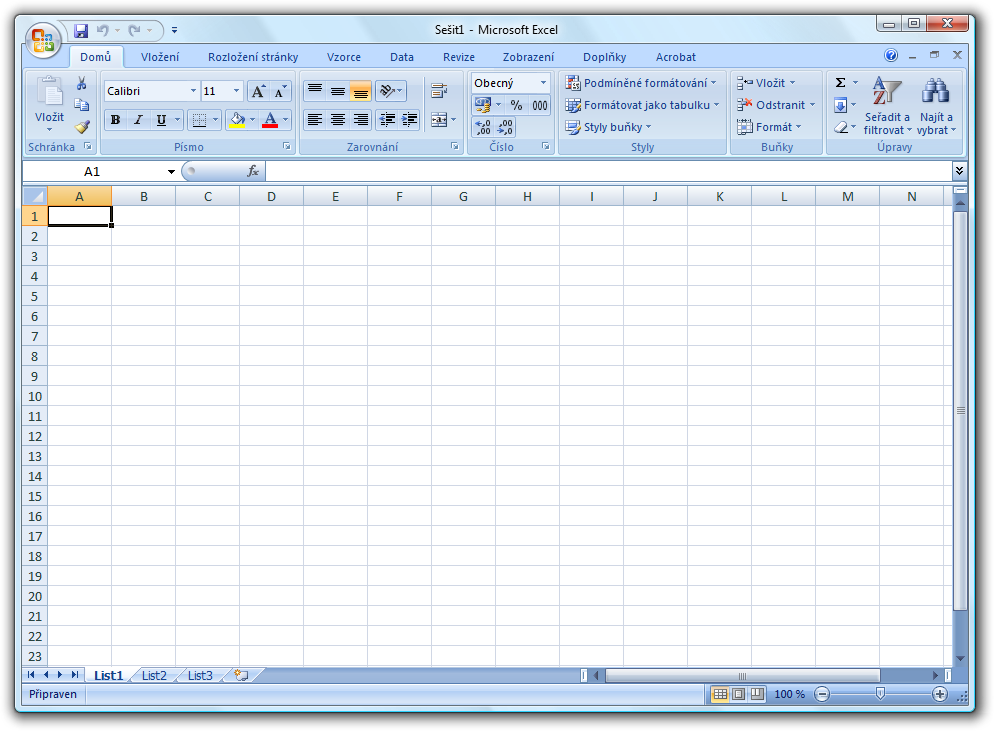
Perhaps the biggest downside to Excel is that it is not particularly welcoming to new users. A workbook can contain multiple spreadsheets and thus multiple queries. Your spreadsheet then can reflect a query run on your Access database. Microsoft also provides excellent integration with the other Office programs, such as Access. You can even compile your functions and then call out to them from cells. In those instances, the code that you can create can allow achieve results that would not otherwise be possible. Even though inline functions can include other functions and get quite sophisticated, sometimes they fall short. Changes result in a complex cascading of updates, and Excel really stands up in the industry when it comes to speed and efficiency in this regard.Įxcel also supports a number of programming languages. Real-world usage is often much more sophisticated. Column C, for instance, can represent the sum of column A and B, and whenever the data in a cell in either A or B changes so will the data in the corresponding cell in C. You can also create new data using thousands of built functions. Other spreadsheet developers often struggle to live up to these new standards.Įxcel 2010 lets you organize data by columns and rows. But may of these features change the way users use spreadsheets and do so, in fact, to such a degree that these become the expectations. Some of these features even get dropped in future iterations of the package. With each new iteration of Excel comes new features.

Excel is an aspect of its Office suite, and the company has usually done a good job of exceeding expectations with Office. That is what a spreadsheet is at its most basic, but Microsoft has never been delivering on basic expectations. You can maintain your budget in a spreadsheet or track all of the finances for a small business. Microsoft Excel 2010 is the most sophisticated spreadsheet software on the market.Ī spreadsheet is a computer program that lets you store, organize and analyze data.


 0 kommentar(er)
0 kommentar(er)
